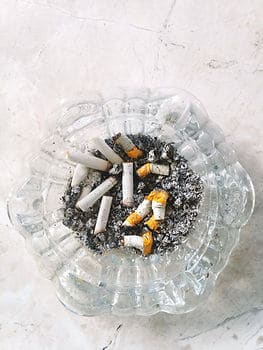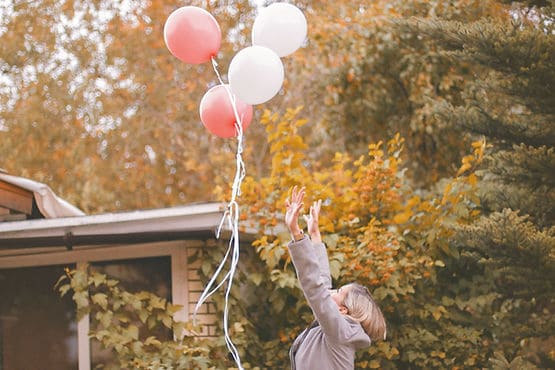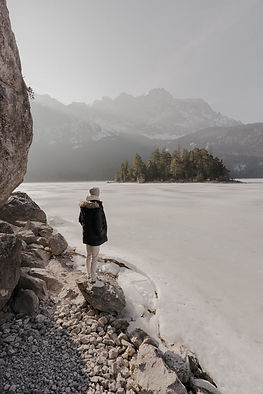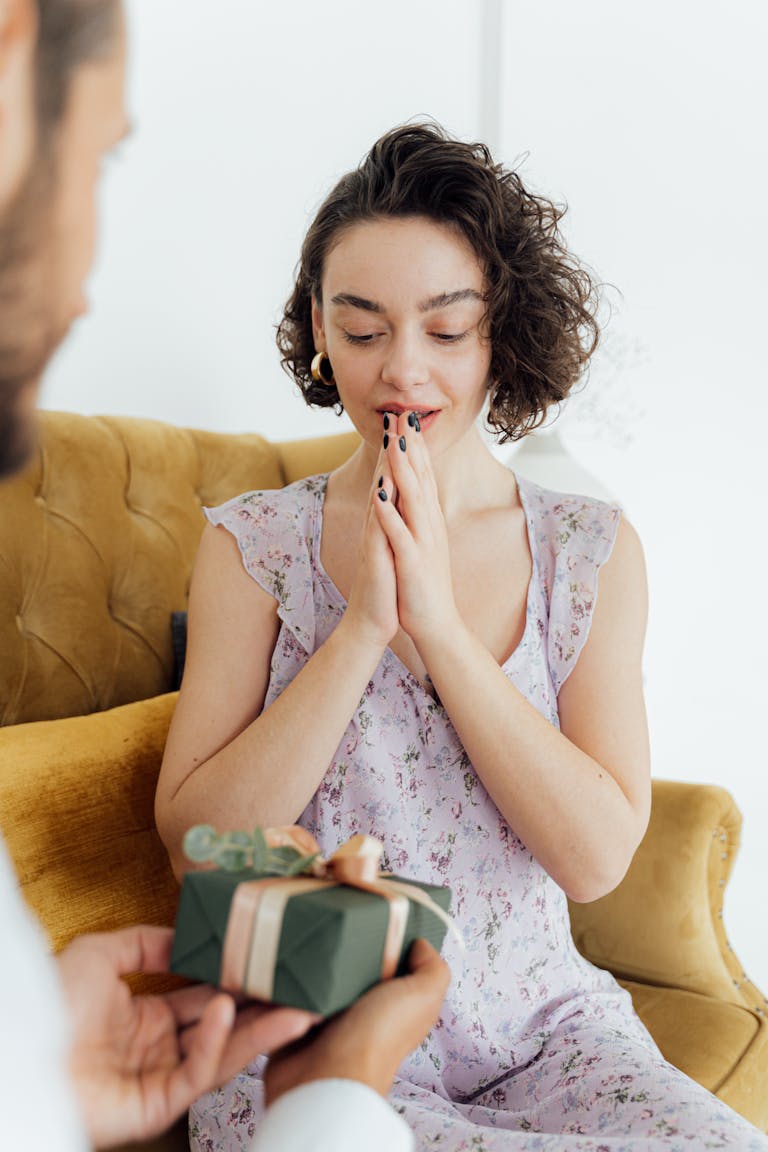Letting Go Means Being Aware of What Needs Letting In
I’ve never liked coffee.
Ever.
Period.
End of story.
And yet…
I’ve been drinking coffee since I was about 21.
I didn’t get started with coffee-drinking on my own. As most of us can attest to, a good majority of our behaviors were introduced to us by others.
The person I was dating at the time loved coffee in the mornings and on weekends preferred to walk to a coffee shop and get a bagel and an Americano. I would have the same.
I believe, if I recall correctly, that after we split up, there was a period of time when coffee was not part of my day. Living on my own, I didn’t brew any. Any caffeine I consumed came from pre-workout elixirs that I’d sip on as I made my way to the gym in the dark, early mornings.
In my late 20’s and into my mid-30’s, when I was competing in natural bodybuilding competitions, as much as I hate to admit it, I would use coffee, along with other drinks (my preferred beverage was the Ultra Zero Monster), in an attempt to distract myself from the hunger I experienced nearly 24-7. And because I was desperately trying to conserve calories, I would not put any sort of creamer in it. Black it was. Sometimes full strength. Sometimes decaf. But all I can remember is how my breath would taste like an ashtray when I would drink it.

The Monster consumption continued until almost two years ago. It was, of course, a choice, to start. But had I not been in the environment I was, it’s highly unlikely I’d have ever gotten started in the first place. I worked in a fitness studio with one of those beverage coolers with all different kinds of energy drinks. I was also starving and have low energy. I’d have one a day, and then, it was most certainly the caffeine I was after, but it was also the flavor and the sting on my throat from the carbonation. Distractions.
While the Monster is gone, the coffee continues. It was a few years of hemming and hawing with the Monster before I finally decided our love affair was over. Our relationship had become quite toxic. Not only did I start noticing that my energy was up, down, and very erratic when I would drink it, my husband started to be concerned and voiced his opposition to my consumption. I no longer wanted to spend money on it, and I was not willing to have it risk my physical, emotional, and relational health any longer. When my pallet was gone, I never purchased any again.
“So where are you with coffee?” you might be asking.
I continue to wake up each morning and have a cup with my husband, me in my comfy corner chair where I do a bit of reading and him standing at the counter buried in research on his phone. The routine is essentially the same each day, and I really enjoy it. We’re together, engaged in our individual activities. The coffee is mixed with unsweetened vanilla almond milk and stevia, creamy and inviting. But what I know to be true is I like the routine more than I enjoy the thing itself. And this brings me to my main point: we so often continue doing what we’ve done for so long because to let it go would mean to also let go of things or activities that surround it.
When we let go of a person, it’s not just the person we don’t have in our lives anymore, it’s all of the routines we shared, the dreams we connected around, the ways in which we connected, the energy and time we devoted to thinking about them and also being with them.

When we let go of a thing, be it coffee, alcohol, swearing, religion, negative self-talk, self-doubt, disordered eating behaviors, etc., it’s not just the thing that isn’t there anymore, many variables shift around that thing. We may feel like there is an empty space, a hole that needs to be filled. And perhaps that what it’s all about. So often we fill in the spaces of our lives with things (or people) that aren’t actually good for us. Our intention way be wise, but the way in which we pursue the intention is not.
A client of mine shared with me the two words that she chose to be her anchors for the new year, “strength” and “patience.” When she asked what I had decided on, I shared that one word I was landing upon was, “shed.”
“It means to let go of anything dead and dysfunctional, that no longer serves you or is ineffective in your life anymore,” I said.
Shedding isn’t necessarily easy though. Unlike birds who molt naturally, or elk whose antlers shed with a loss of testosterone, when we shed something that is affecting us psychologically, emotionally, spiritually, or the like, it requires some self-awareness. And when we choose to shed something or someone, a door is opened to a space inside of us that can feel quite tender, frightened, and vulnerable.
My husband (I love you, baby) shared with me recently that he has been practicing letting go of being so hard on himself. He wanted to be better, work harder, and not disappoint others. His intention was protective and aimed at helping himself, but the path was harmful. When I asked him what it looks like when he is hard on himself, we were drawn down a road of some very old and hurtful memories of events with others in his life. He said, “I can’t go back in time to when I was 6 years old into my early 20’s and change things, but I can change it now.” He’s right. And yet, in the present, he can let his younger self know, when he does notice the harsh and critical words coming in, that he’s got his back, that he’s safe, and he’s a good person.

That’s what letting go to let in, means. Shedding one thing to let in something more benevolent, loving, kind, gentle, functional, nourishing, clarifying, aware, and aligned with your values. If we’re doing it right, we may notice we’re letting go a lot, because what we want to let in can no longer be ignored. The costs of continuing to do what we’ve always done extend into many different areas of our lives.
Coffee is perhaps a very simple and inconsequential example, however, the amount of time and energy I spend thinking about letting it go, is not! It’s not serving me in any real, purposeful, wholehearted way. And letting it go would give me an opportunity to feel what’s there, when it isn’t.

Is there something in your life that you would like to shed? A way of being, with yourself or others? A way of thinking? What would better serve you and your life as a whole, if you were to let it in? As Rumi so wisely advises, “If you’re looking for your soul, then come out of your own prison.”
If you could use support with letting go and letting in, you know where to find me. Please reach out to [email protected]






